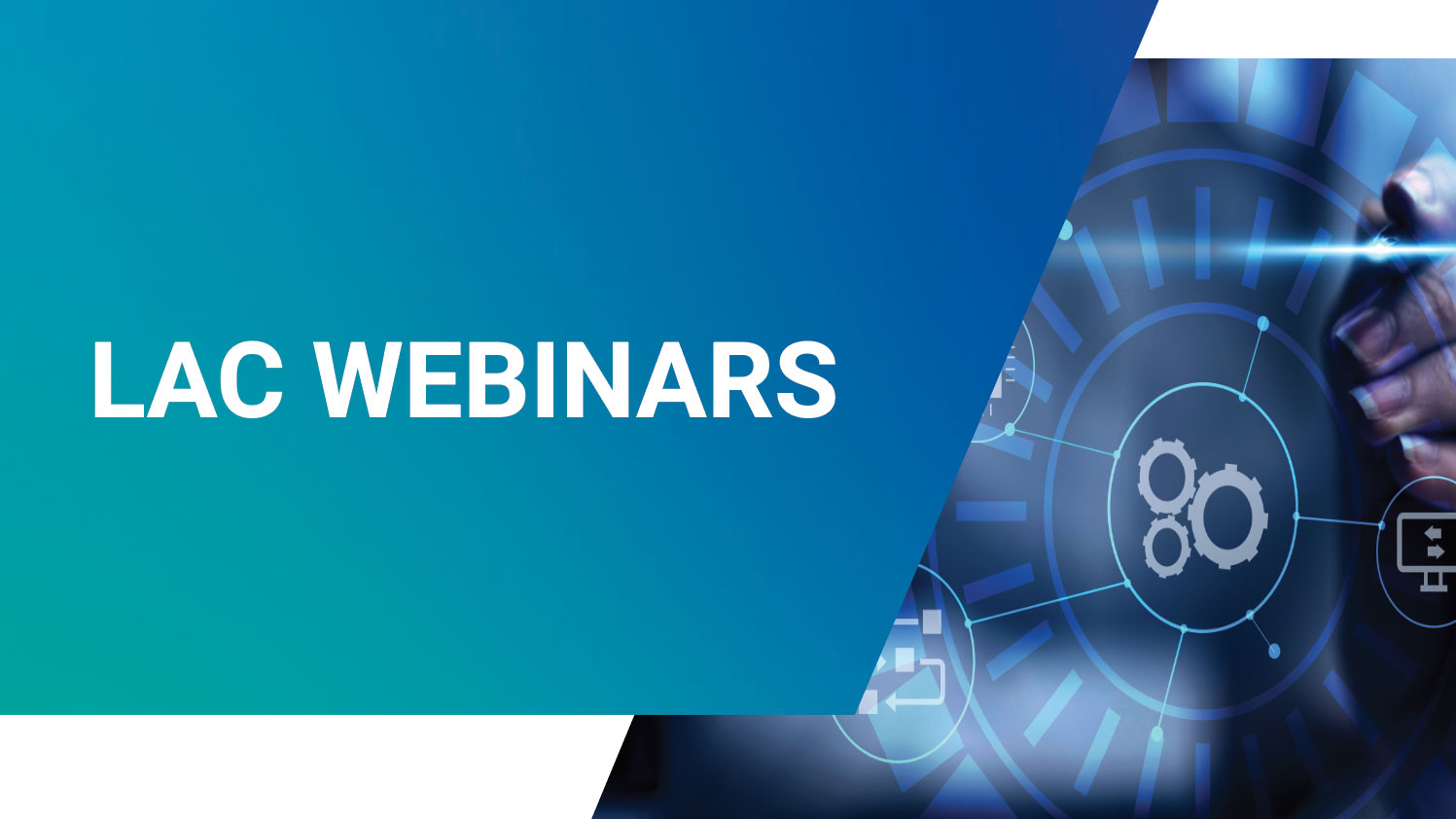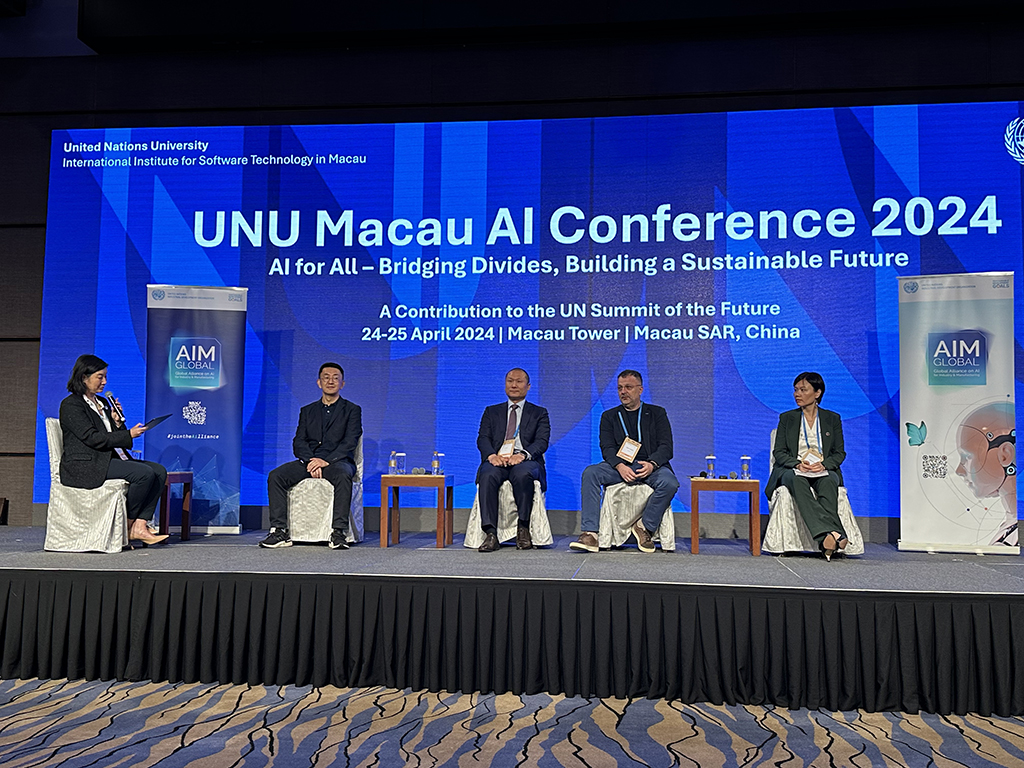UNIDO report sheds light on the importance of digitalization of SMEs to achieve Sustainable Development Goals
In today’s rapidly evolving global landscape, the digital transformation driven by emerging technologies have brought forth unprecedented opportunities and challenges for economies around the world.
UNIDO releases its latest collaborative publication, “Empowering Digital Transformation in Small Enterprises Through National Policies: An International Benchmarking“. This report emphasizes the increasing significance of digital transformation in small- and medium- sized enterprises (SMEs) and the pivotal role national policies play in supporting this transition.
This benchmarking study is a product of collaboration between UNIDO and the Organizational Engineering Group (NEO-UFRGS) from the Federal University of Rio Grande do Sul (UFRGS). Leading co-author, Fabian Ayala, Professor at NEO-UFRGS, is known for blending production engineering tools and strategic management approaches, which provides valuable insights that are academic but applicable in production environments. Further, the study has been commissioned by the Brazilian Micro and Small Business Support Service (SEBRAE), reflecting their commitment to bolstering sustainable and competitive growth for Brazil’s SMEs.
Compared with numerous initiatives across diverse economic landscapes, spanning regions from Asia, Latin America, Europe, to Africa, the report explores the transformative power of digitalization for SMEs. The publication further articulates recommendations tailored to fortify the digital backbone of SMEs, emphasizing the importance of strategic alignment with national policies.
Another notable aspect of the report is its focus on the broader economic and social implications of digital transformation. Beyond mere technological adoption, the study emphasizes the potential economic dividends, including expanded markets, access to a broader talent pool and solutions to persistent skills shortages. It postulates that with a gender-diverse and digitally skilled workforce, companies stand to gain both in terms of financial performance and innovation. On a societal level, a deliberate and inclusive digital transformation can be a catalyst for a more egalitarian society, dismantling inherent biases and power dynamics.
As custodian agency of Sustainable Development Goal 9, UNIDO remains steadfast in its vision for industrial development as a catalyst for sustainable and inclusive growth. To access the full reports in English, Portuguese and Spanish, please follow these links:
For more information, please contact:
Marco Kamiya, Chief, Digital Transformation and AI Strategies Division






